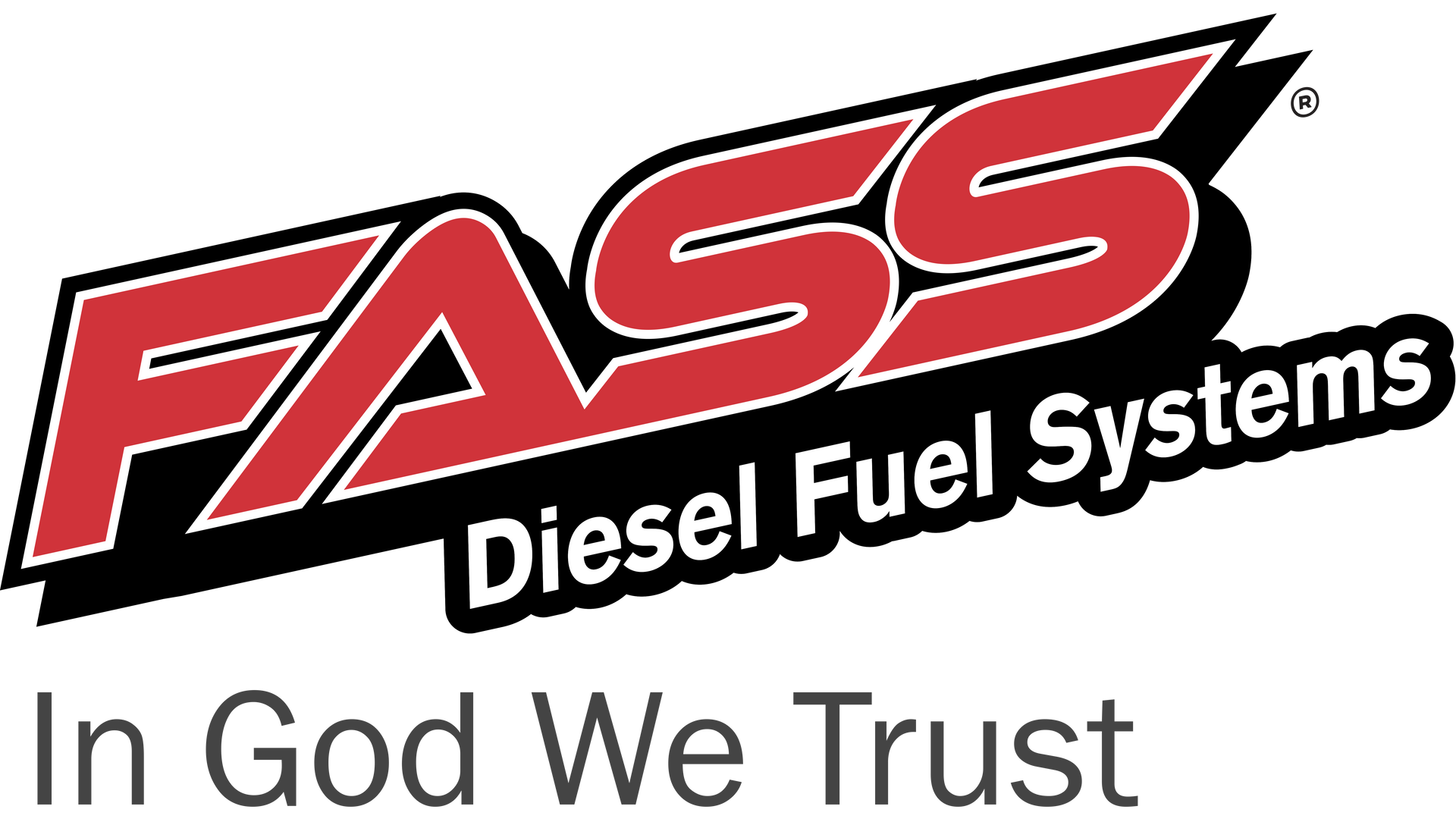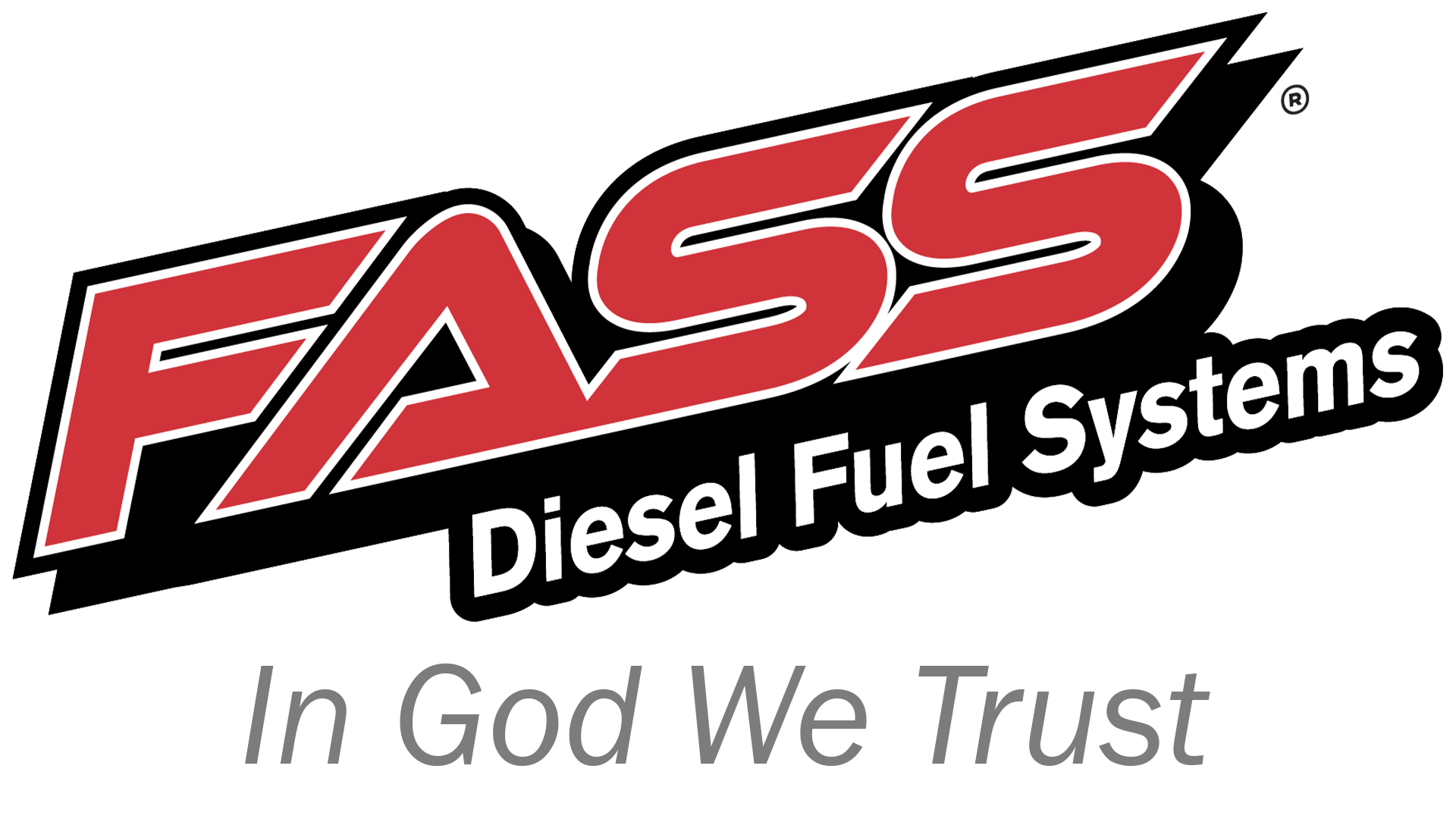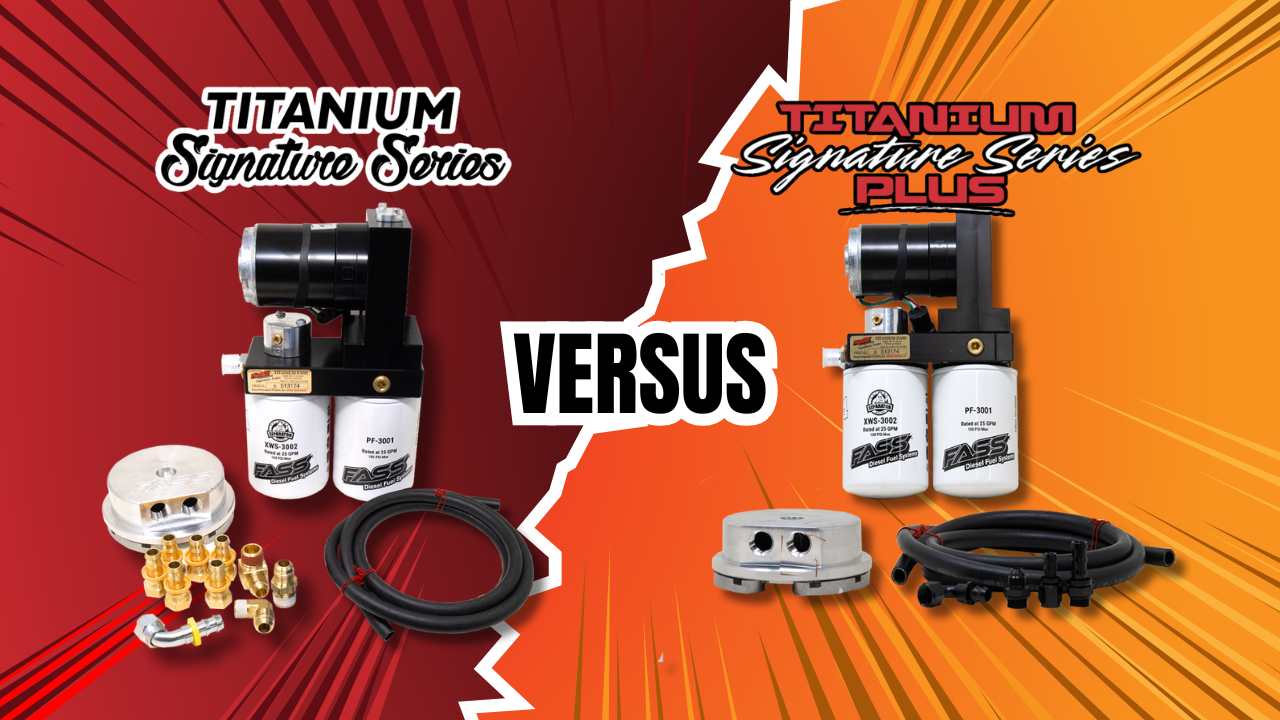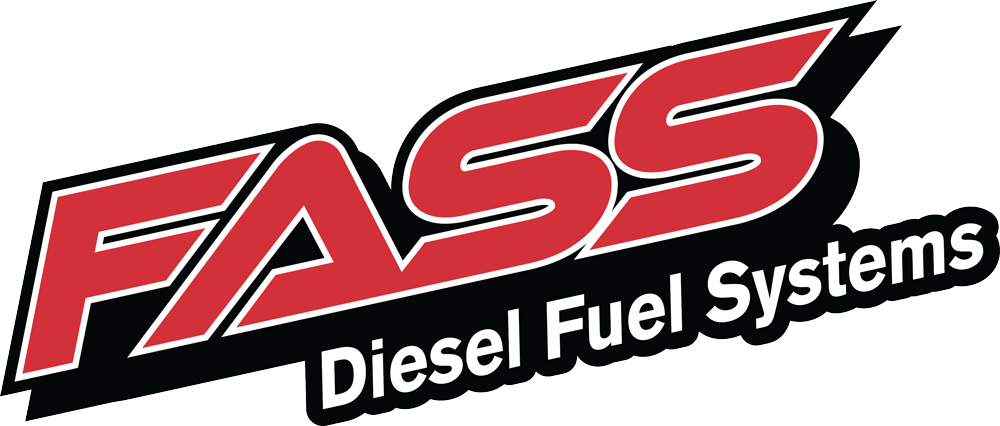1. Fuel Delivery Problems
- Cavitation: Air bubbles in the fuel can cause cavitation in the injection pump. This leads to a reduction in fuel pressure and irregular fuel delivery to the injectors. Cavitation can also cause physical damage to the fuel pump and other components due to the implosion of air bubbles.
- Inconsistent Fuel Injection/Altered Timing: Air in the fuel lines can result in inconsistent or incomplete fuel injection and altered injection timing. This can cause rough engine operation, excessive heat generation, increased smoke output, and a noticeable loss of power.
2. Engine Performance Issues
- Reduced Engine Power: Air in the fuel can reduce the amount of fuel being delivered to the engine, leading to a loss of power and poor acceleration. The engine may struggle to maintain speed, especially under load.
- Stalling and Hard Starting: Air in the fuel system can make it difficult for a diesel engine to start and may cause it to stall unexpectedly. This is because the air disrupts the continuous flow of fuel needed for the engine to run smoothly.
3. Fuel System Damage
- Wear and Tear: Air can cause increased wear on fuel system components, such as the fuel pump and injectors. The presence of air leads to less lubrication, as diesel fuel itself acts as a lubricant for these components. Over time, this increased wear can lead to premature failure of these expensive parts.
- Downstream Effects: Air can increase the amount of soot/smoke generated during the combustion cycle, which can cause premature clogging and ultimately failure of EGR and DPF systems. For more information on protecting your EGR system, click here.
4. Combustion Issues
- Improper Combustion: Air in the fuel disrupts the precise fuel-air mixture needed for efficient combustion. This can result in incomplete combustion, leading to increased emissions, soot production, and carbon buildup in the engine.
- Increased Emissions: Poor combustion efficiency caused by air in the fuel can lead to higher emissions of pollutants such as unburned hydrocarbons, carbon monoxide, and particulate matter. In modern emissions-equipped diesel trucks, this can lead to expensive, unnecessary repairs.
Mitigation and Maintenance:
- Preventative Fuel System Upgrade: Hands-down, the most effective method of preventing the issues caused by air/vapor in your fuel is to upgrade your diesel truck’s filtration. By installing a fuel/air separation system, you instantly restore horsepower, optimize MPG (results will vary), sharpen throttle response, and reduce soot/smoke output—among other benefits.
- Proper Bleeding: In stock or OEM applications, ensuring the fuel system is properly bled of air during maintenance and after any work on the fuel system can help prevent air from entering the fuel lines.
- Regular Inspection: Also in stock or OEM applications, regular inspection and maintenance of fuel lines, filters, and fuel pumps can help identify and rectify any issues that could lead to air ingress.
Air in diesel fuel can cause significant performance and reliability issues, including fuel delivery problems, reduced engine power, increased wear on fuel system components, and improper combustion. Regular maintenance and proper handling of the fuel system can help mitigate these issues and ensure the efficient operation of a diesel engine.
For more detailed information, you can refer to resources like our Air in Fuel Video Series.
How FASS Can Help:
A FASS (Fuel Air Separation System) Fuel System is an aftermarket fuel system designed to improve the performance and longevity of diesel engines. It achieves this by removing air/vapor, water, and debris from fuel—ensuring a steady, clean supply to the engine. Here are the key functions and benefits of a FASS Fuel System:
Key Functions:
1. Fuel Filtration
- Enhanced Filtration: The FASS system includes industry-leading fuel filters that remove contaminants such as dirt, debris, and water from the fuel. This extreme level of filtration can TRIPLE the life of injection systems.
- Extended Filter Life: In most cases, FASS Fuel Filters only need to be serviced every 20,000-30,000 miles. While this alone can be a drastic cost savings over purchasing OEM filters, FASS Fuel Filters are significantly less expensive than many factory options.
2. Air and Vapor Separation
- Air Removal: One of the primary functions of a FASS system is to remove air and vapor from the fuel. Air in the fuel can cause cavitation, inconsistent fuel delivery, and poor engine performance. The FASS system separates and eliminates these air bubbles, ensuring a consistent and smooth flow of fuel.
- Vapor Elimination: The system also removes vapor, which can form in the fuel due to temperature changes. This ensures that only pure, liquid fuel reaches the engine, improving combustion efficiency and engine performance.
3. Fuel Pump Enhancement
- Increased Fuel Pressure: FASS Systems often include a high-performance fuel pump that flows FAR more than the stock setup, ensuring that the engine receives an adequate and steady supply of fuel. While most diesel trucks that utilize a FASS Fuel System are stock (or nearly stock) many diesel-powered competition vehicles also deploy them for this reason.
- Reduced Pump Strain: By supplying fuel more efficiently, FASS Systems can support any level of horsepower. From stock and mildly modified diesel trucks to 3,000+ horsepower dedicated racing machines—there is no amount of power we cannot support.
Benefits:
1. Improved Engine Performance
- Smoother Operation: The removal of air and contaminants leads to smoother engine operation, reducing issues like rough idling, stalling, and misfires.
- Better Fuel Combustion: Clean, air-free fuel ensures more efficient combustion, leading to increased power, better throttle response, and improved fuel economy.
2. Enhanced Fuel Injector Life
- Protection from Contaminants: By providing clean fuel, the FASS system helps protect fuel injectors from clogging and damage, extending their lifespan and maintaining optimal performance.
- Consistent Fuel Delivery: Steady fuel pressure and flow ensure that injectors operate efficiently and reliably.
3. Increased Fuel Economy
- Efficient Fuel Use: Improved fuel filtration and delivery lead to more efficient fuel use, potentially increasing fuel economy and reducing operating costs.
- Reduced Waste: By eliminating air and vapor, the system minimizes fuel waste and improves overall fuel efficiency.
4. Extended Engine Longevity
- Reduced Wear and Tear: Cleaner fuel and more efficient fuel delivery reduce wear on engine components, potentially extending the engine’s overall lifespan.
- Lower Maintenance Costs: With fewer contaminants and air in the fuel system, there is less need for frequent maintenance and repairs, reducing long-term operating costs.
Applications:
FASS Fuel Systems are commonly used in various diesel applications, including:
- Light Duty Diesel Trucks: Dodge/Ram trucks with the 5.9/6.7 Cummins, GM (Chevrolet/GMC) trucks with the 6.6 Duramax (all generations), and Ford trucks with the 7.3, 6.0, 6.4, or 6.7 Powerstroke
- Heavy-Duty Trucks: Class 8 commercial trucks and similar
- Agricultural Equipment: Tractors, combines, and other related support equipment
- High-Performance Diesel Vehicles: Dedicated off-highway diesel vehicles used for racing, sled pulling, dyno competitions, and more





